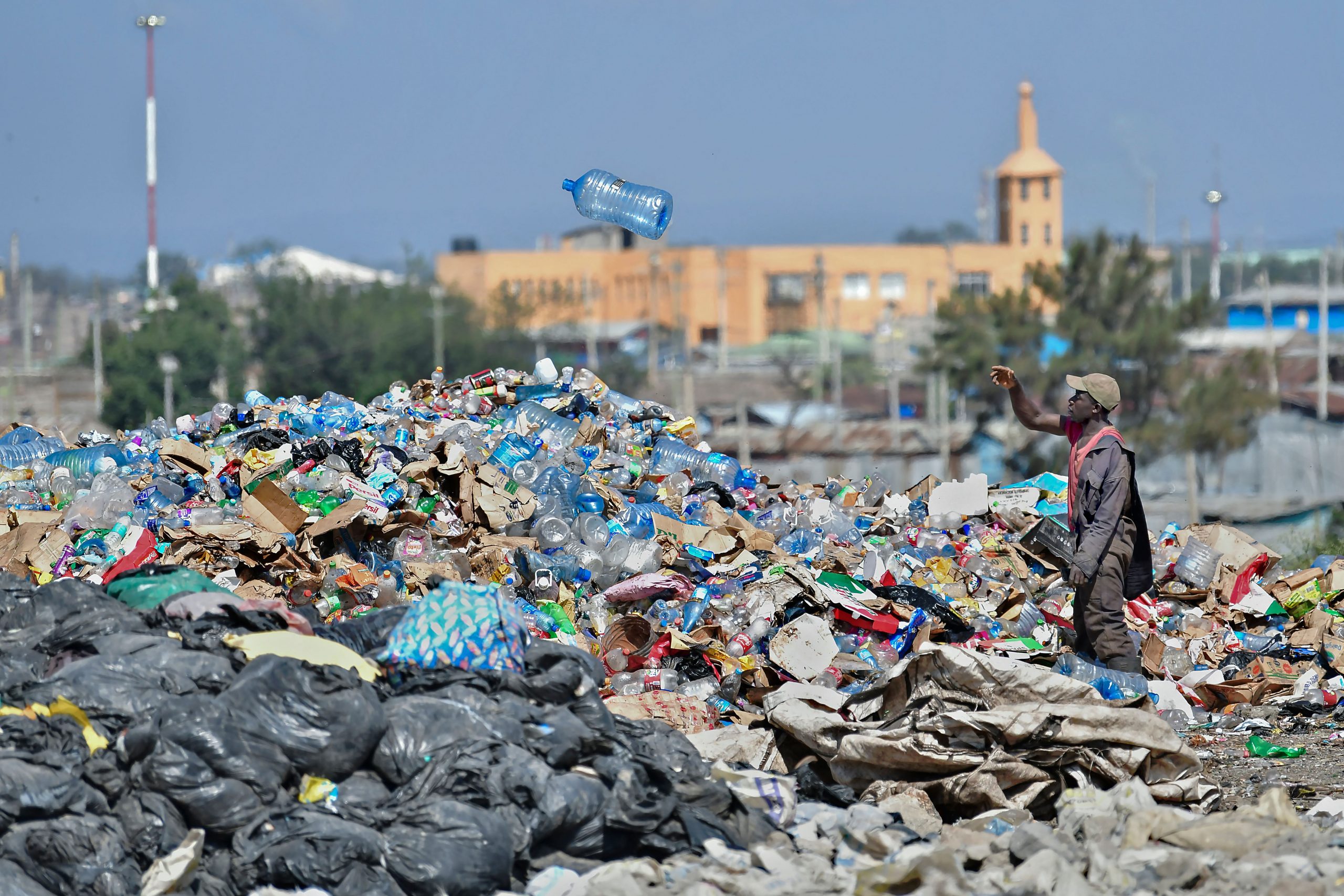As the heads of states, environment ministers and other representatives from 175 nations, endorsed a historic resolution on the full lifecycle of plastic, including its production, design and disposal at the UN Environment Assembly in Nairobi on Wednesday to end plastic pollution, and forge an international legally binding agreement, by the end of 2024 pollution remains a major problem for the globe. Countries in Africa not an exception.
While rapid population growth and poor waste management practices are among the key drivers of plastic pollution in modern times, weak policies are also key causes of the deteriorating scenes being experienced thus making Africa a hotspot for plastic pollution both now and in the future.
Having lived near Kenya’s plastic polluted Nairobi River for most part of my adult life, I can attest that plastic waste is a deterrent of growth of the ecosystem and economy of a nation. Plastic pollution is not only an environmental challenge for Africa but also a major socio-economic development challenge that needs to be dealt with. This is because plastic waste negatively impacts socio-economic activities such as biodiversity that is suitable for tourism and agriculture, infrastructural development and growth, as well as fisheries.
In a research conducted by Kenya’s National Environment Management Authority in 2015, showed Nairobi generates an estimated 2400 tonnes of solid waste on a daily and about 20% of this is plastic. While this is expected for a growing economy most of these waste materials are dumped carelessly thereby becoming an environmental hazard. However this phenomenon has changed ever since Kenya banned the usage of single-use plastics in 2017 and placed heavy regulation on the use of other plastics.
As this was happening, social enterprises and groups concerned about the welfare of the environment, consequently started adopting alternative uses of these waste materials across Africa. Gjenge Makers Limited a social enterprise based in Nairobi utilizes plastics to develop alternative and affordable building materials that include paving blocks, paving tiles, and manhole covers. “Thus far we have managed to recycle more than 3,000 tonnes of plastic waste whilst creating 112 job opportunities for garbage collectors, women, and youth groups by turning plastic waste into affordable beautiful building materials,” reads Gjenge’s website.
Technology has also become a notable enabler in the growth of waste management. Waste management companies are now offering waste collection, disposal and recycling solutions for residential and commercial clients in urban communities in just seconds through a tap on their various mobile apps. These companies partner with governments and municipalities to eliminate waste and create circular waste management. Uganda’s Yo-Waste is such a company, through its mobile application “Yo-Waste Connect”, an uber for waste management that connects garbage generators to the nearest local yo-waste collector for garbage collections and recycling services.
Ecoplastile, a Ugandan social enterprise tackles the challenge of post-consumer plastic solutions and waste management by recycling the plastic materials and packaging them into durable and long –lasting plastic timbers otherwise known as lumbers. Tanzania’s Arena Recycling Industry also collects plastic waste from beaches in Dar es Salaam and transforms them into eco-bricks, paving blocks and tiles. SESA Recycling based in Ghana also deals in creating innovative ways to encourage individuals to recycle and reduce waste pollution by incentivizing a positive change in behavior.
The historic ‘End Plastic Pollution’ which was adopted with the conclusion of the three-day UNEA-5.2 meeting will mean a great deal for the globe in the coming days and years. What we await to see is how this will impact the population and ecosystem for the better. “Today marks a triumph by planet earth over single-use plastics. This is the most significant environmental multilateral deal since the Paris accord. It is an insurance policy for this generation and future ones, so they may live with plastic and not be doomed by it.” said Inger Andersen, Executive Director of UNEP.

